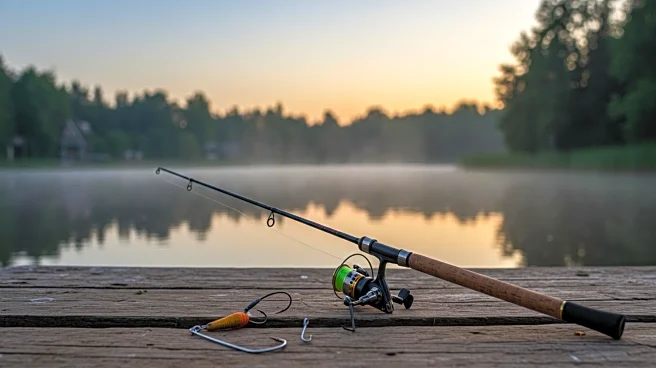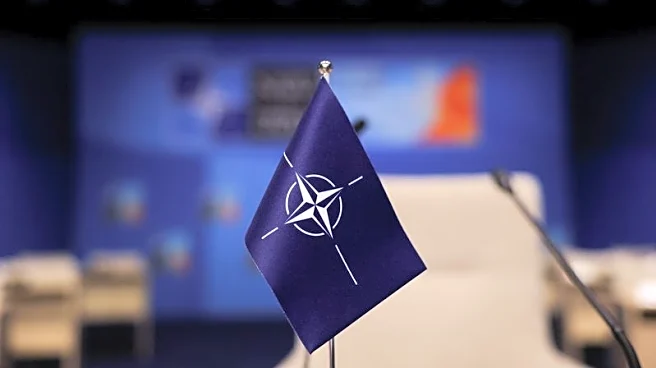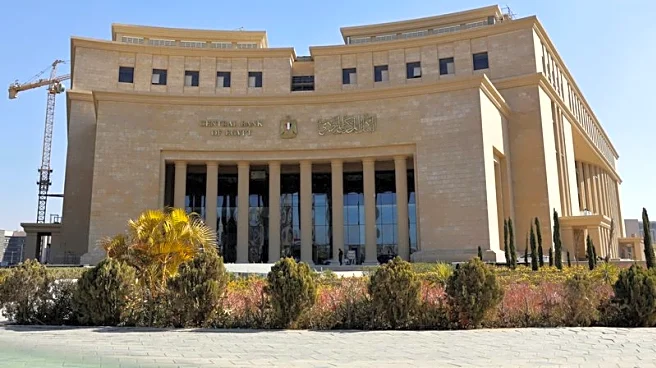What's Happening?
Foreign Secretary David Lammy has acknowledged fishing without a rod licence during a diplomatic engagement with U.S. Vice-President JD Vance at Chevening House, Kent. Lammy attributed the oversight to an 'administrative error' and has since purchased the necessary fishing licence. The Environment Agency mandates that anglers aged 13 or over in England and Wales must possess a rod fishing licence for freshwater species, with fines applicable for non-compliance. During the fishing activity, Lammy did not catch any fish, while Vance's children were successful. The fishing event preceded discussions on international affairs, including Gaza, between Lammy and Vance.
Why It's Important?
The incident highlights the importance of adhering to local regulations, even during diplomatic activities. It underscores the role of administrative diligence in maintaining compliance with environmental laws. The oversight by a high-ranking official like Lammy could have implications for public perception of governmental adherence to regulations. Additionally, the event reflects the informal nature of diplomatic engagements, where personal activities can intersect with official duties. The fishing trip, despite its minor nature, serves as a reminder of the need for thorough preparation in diplomatic contexts.
What's Next?
Lammy has rectified the situation by purchasing the required licence and notifying the Environment Agency of the error. This proactive approach may mitigate any potential fallout from the oversight. The Foreign Office's statement suggests a commitment to compliance and appreciation for the agency's work in protecting fisheries. It remains to be seen if Vice-President Vance also adhered to local fishing regulations, as his spokesperson has been contacted for comment. The incident may prompt further scrutiny of diplomatic activities to ensure compliance with local laws.
Beyond the Headlines
The fishing licence oversight raises questions about the intersection of personal and official activities in diplomatic settings. It highlights the potential for minor administrative errors to become public issues, especially when involving high-profile figures. The event may lead to discussions on the need for clearer guidelines and checks for officials engaging in personal activities during diplomatic missions. It also reflects the cultural nuances of diplomatic engagements, where informal activities can play a role in fostering relationships.










